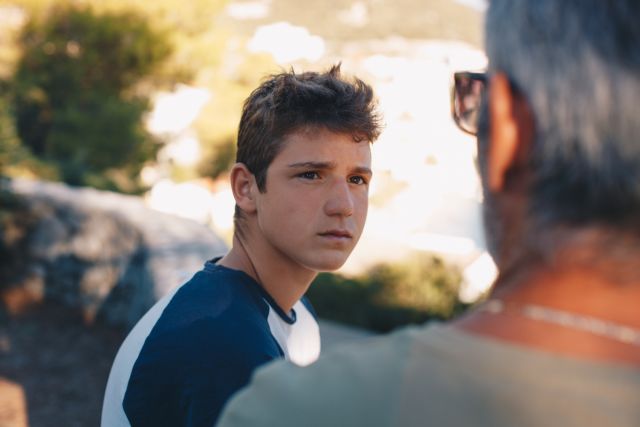Updated on June 14, 2023.
Shocking fact: As many as 46.3 million people in the United States aged 12 or older met the criteria for having a substance use disorder as of 2021, according to a 2023 report from the Substance Abuse and Mental Health Services Administration (SAMHSA). That’s 16.5 percent of the population with an alcohol use disorder or drug use disorder. Among those, an estimated 2.2 million kids aged 12 to 17—or 8.5 percent of all adolescents—had a substance abuse disorder in 2021.
That’s right, even preteens and teens struggle with addiction.
Statistics like these are a stark reminder that it’s crucial to talk to your kids about drugs and alcohol. Tanya Altmann, MD, FAAP, founder of Calabasas Pediatrics Wellness Center in Calabasas, California and a Sharecare Advisory Board Member, shares her advice on how to broach the topic.
When should you start talking about drugs and alcohol?
Dr. Altmann: Kids are less likely to use drugs when parents provide guidance and clear rules about not using drugs, when they spend quality time having meaningful conversations, and when they don’t use drugs themselves.
I usually recommend that parents start having the conversation with their kids about drugs and the dangers of drugs during the elementary school years. Even for preschool children, it’s not too early to teach them to take care of their bodies and make good decisions.
What should you say when speaking about drugs and alcohol?
Dr. Altmann: Make sure you directly state what your house rules are regarding drug and alcohol use. Don’t leave space for wiggle room. But let your kids know that you are there if they have any questions or concerns.
Also, educate your kids about the harmful effects that drugs and alcohol have on their brains, bodies, and their ability to learn and to play sports. Teach your kids how to say “no.” Give them the words to use and role-play conversations they may have with their peers. They can say things like, “No. I’m not into that.” Or, “My parents would ground me forever, so I can’t.”
I usually tell my families that’s it’s ok to blame the parents or even me, their pediatrician, for their insistence on saying “no,” if it helps. Also, remind your child that real friends will never ask them to do something that is unsafe or that makes them feel uncomfortable.
What should you never say when it comes to drugs and alcohol?
Dr. Altmann: Never give your kids an out or an excuse to try drugs. Don’t say things like, “Everyone experiments.” Also, don’t praise other kids as being cool or popular because you don’t know what those kids are doing that your own children may try to emulate. Instead, praise your own kids for their hard work, good behavior, and integrity.
What are some clues that a child may have a drug problem?
Dr. Altmann: Warning signs of addiction may include behavior and physical changes. Behavior changes may include changes in mood, sleeping, eating, friendships, and school performance. Physical signs your child may be using drugs or alcohol include having bloodshot eyes, losing or gaining weight, tremors, slurred speech, and either smelling like smoke or wearing heavy perfume to cover it.
What should you do if you suspect your child has a drug problem?
Dr. Altmann: Talk to your pediatrician or an addiction specialist if you think your child may have a drug problem. They can help you figure out the best way to speak to your child and to get them tested and treated. There are many treatment options available for substance use depending on what your child needs.







